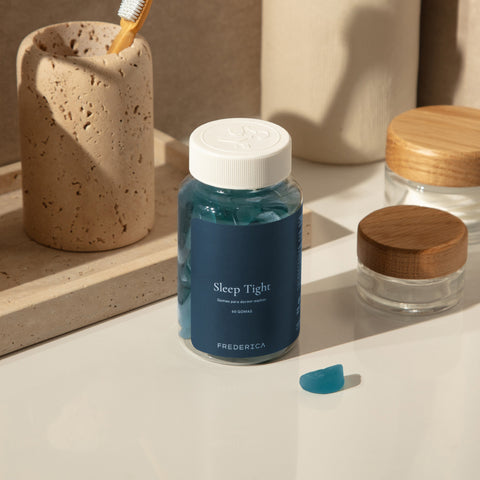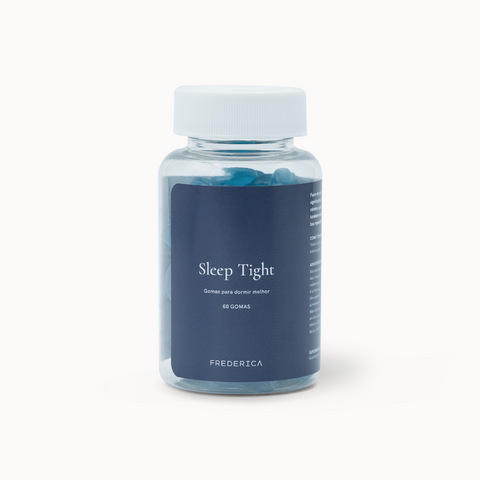How many autumnal things do we wait for all year? Can we count them? Roasted chestnuts, hot drinks, new boot collections from our favorite brands – all this, and much more.
This is the season of renewal. The coming cold brings changes in sunlight, cooler temperatures and, sometimes, a slight change in lifestyle. And all of these changes can have tangible effects on the body and mind.
Everything in our bodies—hormonal balance patterns, mood swings, and sleep habits—can be affected by autumn's shorter days and longer nights. This is also the time of year when we lose some light during the day, especially after the time change, something that can have some effects on us.
Sleep in autumn
Of all the months, October is the one in which people sleep the most (on average, 2 to 7 extra hours per night). At least, that's what Harvard researchers found. When autumn begins, it's normal for people to start wanting to sleep a little more than they did in summer.
This condition is called hypersomnia, which is the exact opposite of insomnia. With shorter days and longer nights, our circadian rhythm (approximately 24-hour cycle around which our biological processes take place, including all physical and mental changes) becomes out of whack. For this reason, our bodies need to rest for as long as possible.
Why is this the best time of year to sleep?
The simplest and most direct answer is: ideal lighting and perfect weather.
The mild climate and less exposure to sunlight provide a more pleasant and invigorating rest. Unlike what happens in winter, where the cold climate reaches extremes, autumn temperatures help to soften the temperature of the human body and the environment.
To initiate sleep, our brain lowers its temperature and, in the phase in which we enter deep rest, it reaches its lowest temperature, providing better restoration of the organism.
The fact that the days become shorter and we are less exposed to the Sun directly influences the production of melatonin (hormone responsible for regulating sleep cycles), as this is a substance produced at dusk. Therefore, with longer nights, the greater the amount of melanin produced and, consequently, the better quality of sleep.
What you should do to enhance this seasonal influence:
- Make the bedroom environment more relaxing and comfortable;
- Maintain a regular bedtime and wake-up time (to help the body understand that after a certain time it has to rest);
- Put electronic devices aside one hour before going to bed;
- Pay attention to the signals your body sends you and only go to sleep when you feel that is what your body is asking you to do. Otherwise, the turns in bed will be fixed;
- Think positive thoughts and, if necessary, listen to a relaxing podcast ;
- Try taking Frederica To Sleep gummies half an hour before going to bed.
















